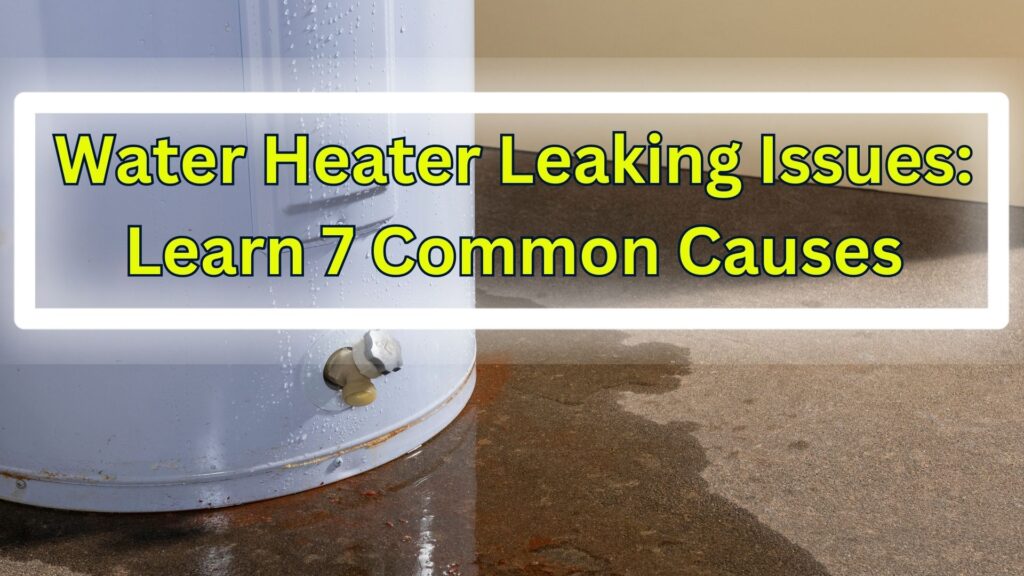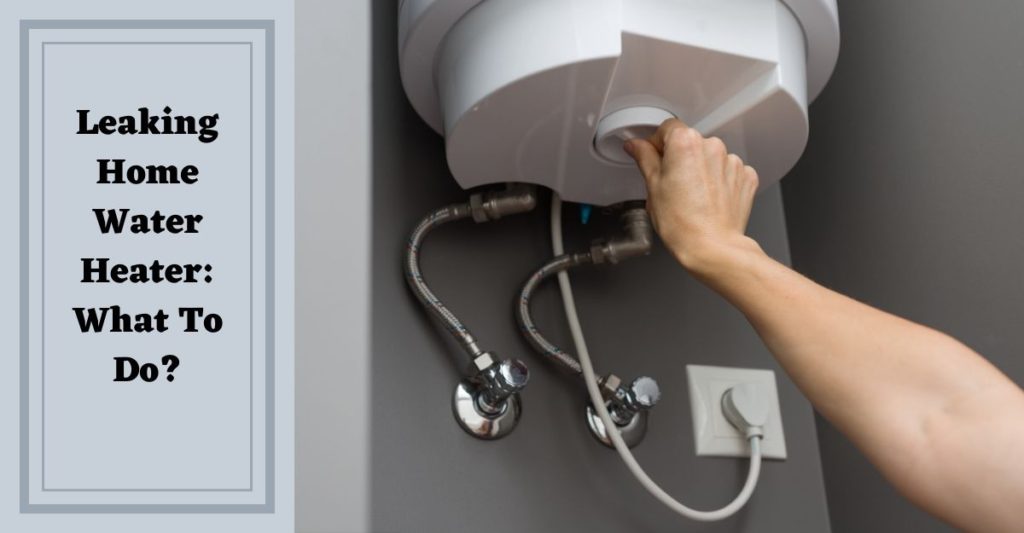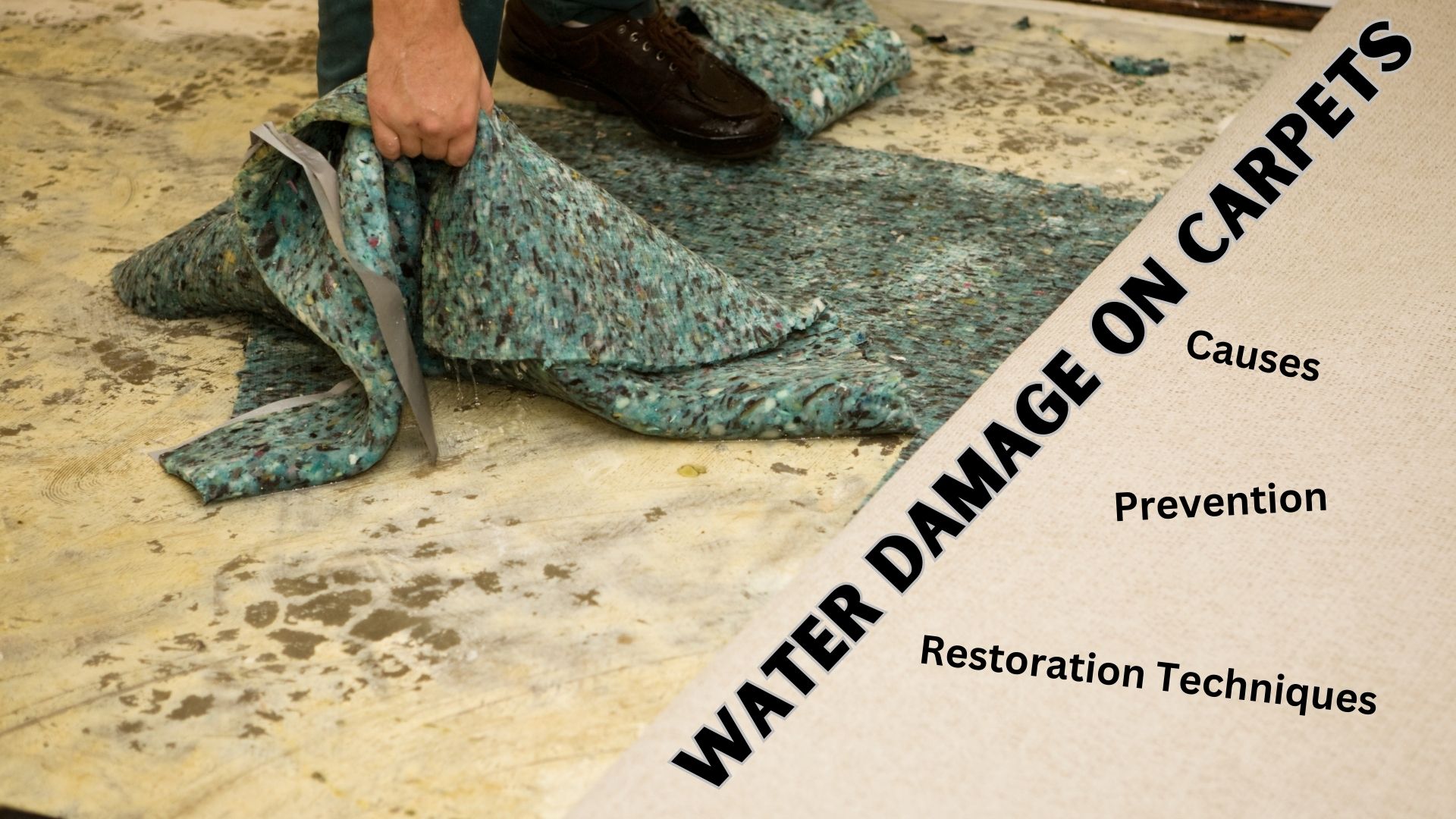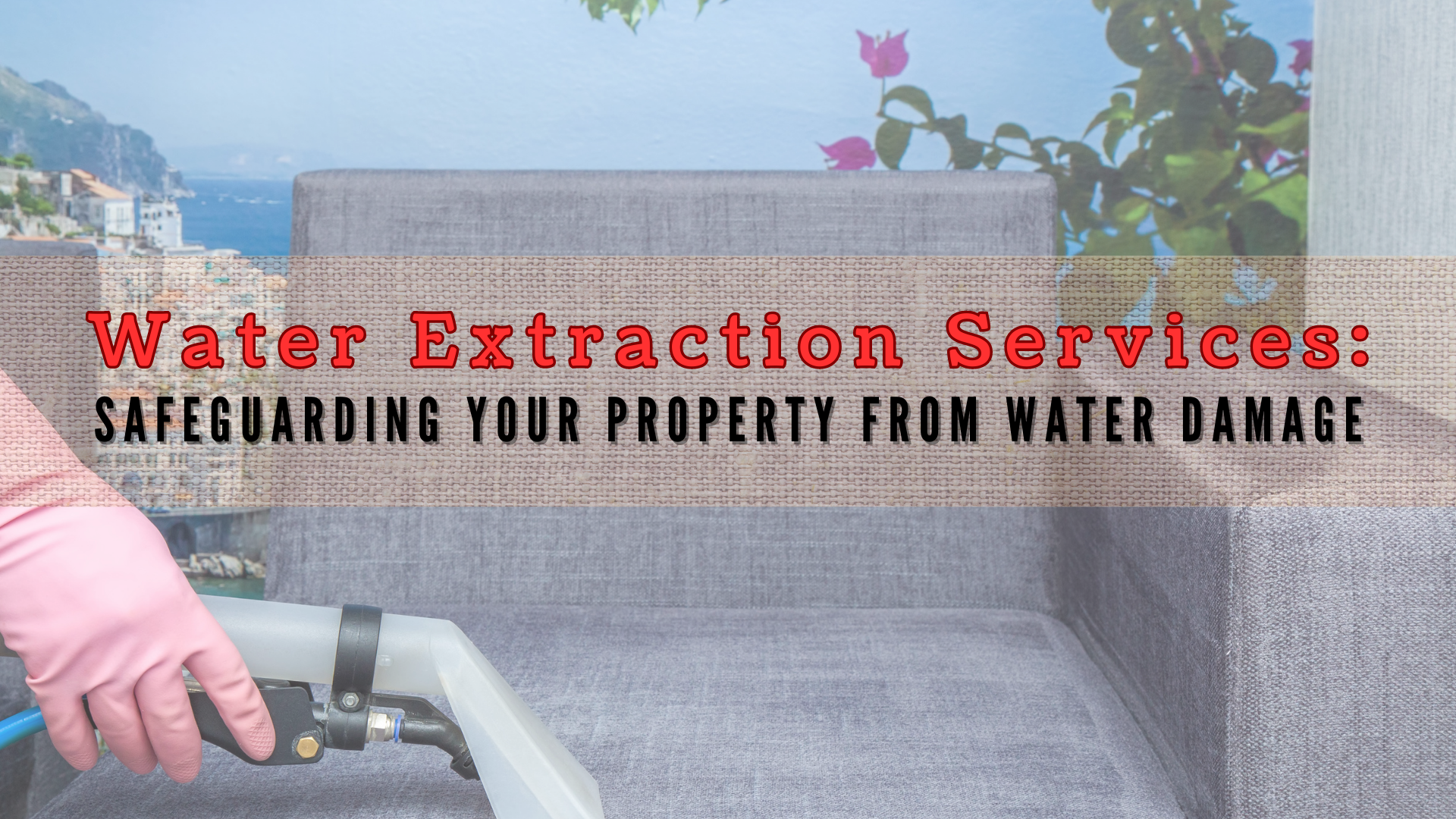
When you rely on a water heater for hot showers and clean dishes, the last thing you want to encounter is a water heater leaking issue. A leaky water heater not only leads to water wastage but can also cause significant damage to your property and increase your utility bills.
In this comprehensive guide, we’ll explore the common causes of water heater leaks and discuss effective repair solutions to fix the problem promptly. Whether you’re dealing with a gas water heater, an electric water heater, or any type of hot water heater leaking, understanding the underlying issues and potential solutions will help you avoid unnecessary stress and expenses.
Understanding the Components Related to Water Heater Leaking Issues
Before we dive into the causes and repairs, let’s get familiar with the key components related to a water heater leaking problem.
1. Water Heater Tank
The water heater tank is a crucial part of your water heating system. It is where cold water is stored and heated for your domestic needs. Over time, the interior of the tank can corrode, leading to tiny holes and leaks that can worsen if left unaddressed.
2. Drain Valve
The drain valve, usually located at the bottom of the tank, is used to empty the water heater for maintenance or repairs. A loose or damaged drain valve can result in water seeping out from the bottom of the tank.
3. Temperature Pressure Relief Valve (T&P Valve)
The temperature pressure relief valve is a safety feature designed to release excess pressure and prevent the tank from exploding. If this valve is faulty or malfunctions, it can cause water heater leaks.
Common Causes of Water Heater Leaking
Understanding the common causes of water heater leaks is essential to determine the appropriate course of action. Let’s explore the primary reasons that might lead to a hot water heater leaking situation.
1. Sediment Buildup
As time passes, sediment has the tendency to gather and build up at the lower part of the water heater’s tank. This buildup causes the water to trap excess heat, leading to overheating and eventual leakage from the bottom of the tank.
2. Corrosion and Rust
Corrosion is a significant concern, especially in older water heaters. The tank’s interior can corrode due to the constant exposure to water, resulting in weakened areas that eventually give way to leaks.
3. High Water Pressure
Excessively high water pressure can exert immense strain on your water heater, leading to leaks at various points, including pipe connections and the tank itself.
4. Faulty Temperature Pressure Relief Valve (T&P Valve)
A malfunctioning T&P valve can release water even when it’s not necessary, causing leaks and wasting water.
5. Loose Pipe Connections
Improperly installed or loose pipe connections around the water heater can lead to leaks, as water seeps out from the points of connection.
6. Loose Drain Valve
The drain valve at the bottom of the water heater may loosen or become faulty, causing water to leak.
7. Age and Wear
With age, the components of your water heater naturally wear down. This wear and tear can contribute to leaks and other malfunctions.
Water Heater Leaking: What are the consequences?
Water leaking from a water heater can lead to several serious consequences, both in terms of property damage and potential safety risks. Here are some of the most significant consequences of water heater leaks:
- Water Damage: The immediate and obvious consequence of a water heater leak is water damage to the surrounding area. This can include damage to floors, walls, ceilings, and any nearby furniture or belongings. Prolonged exposure to water can weaken structures, leading to costly repairs.
- Mold and Mildew Growth: Moisture from the leaking water can create an ideal environment for mold and mildew to grow. Mold can spread quickly and pose health risks, particularly for those with allergies or respiratory conditions.
- Electrical Hazards: If the leaking water comes into contact with electrical components or wiring near the water heater, it can lead to electrical hazards, including short circuits and potential shocks.
- Increased Energy Consumption: A leaking water heater might struggle to maintain the desired water temperature, causing it to work harder and use more energy. This can result in higher utility bills.
- Corrosion and Rust: Water leaking from the tank can cause corrosion and rust in the water heater and surrounding pipes. This can shorten the lifespan of the appliance and lead to additional maintenance costs.
- Decreased Hot Water Supply: As water leaks from the tank, the available hot water supply diminishes, making it inconvenient for daily activities like showering, washing dishes, and doing laundry.
- Risk of Flooding: In severe cases, a significant water heater leak can lead to flooding, causing extensive damage to the property and potential safety hazards.
- Impaired Appliance Functionality: A water heater experiencing leaks may not function correctly or efficiently, reducing its ability to deliver hot water consistently.
- Escalated Repair Costs: Ignoring or delaying repairs can worsen the leak and increase the cost of fixing the water heater, as other components may get affected over time.
To avoid these consequences, it’s essential to address water heater leaks promptly and seek professional assistance to diagnose and resolve the underlying issues. Regular maintenance and inspection can also help identify potential problems before they escalate into major concerns.
Repairing or Replacing Your Water Heater
Once you’ve identified the cause of your water heater leaking, you must decide whether to repair or replace the unit. In some cases, a simple fix can address the issue, while other situations may call for a complete replacement.
1. DIY Repairs
For minor issues like loose pipe connections or a faulty drain valve, you may attempt DIY repairs using basic tools like a pipe wrench. However, exercise caution and ensure you have turned off the power supply and water source before attempting any repairs.
2. Calling in a Professional Plumber
When dealing with complex problems like tank corrosion or a malfunctioning T&P valve, it’s best to leave the task to a qualified professional plumber. A skilled plumber can accurately diagnose the problem and offer appropriate solutions to fix the leaks effectively.
3. Gas Water Heaters vs. Electric Water Heaters
The type of water heater you have can influence the repair process. Gas water heaters and electric water heaters have different components and mechanisms, requiring specific expertise for repairs. Hiring a professional who specializes in your type of water heater is essential for a successful resolution.
Preventing Water Heater Leaking
Prevention is always better than dealing with the consequences of a water heater leak. Here are some preventive measures to help you avoid a hot water heater leaking scenario in the future.
1. Regular Maintenance
Schedule regular maintenance for your water heater, including flushing to remove sediment and inspecting components for signs of wear.
2. Pressure Regulation
Install a pressure regulating valve if your water pressure is consistently high to protect your water heater from unnecessary strain.
3. Temperature Monitoring
Monitor the temperature settings on your water heater and avoid excessively high temperatures that could cause overheating and leaks.
4. Timely Repairs
Address any minor issues promptly to prevent them from developing into significant problems and avoid the hassle of a leaking water heater.
A water heater leaking can be a frustrating and potentially costly situation. By understanding the common causes and seeking timely repairs from a professional plumber, you can avoid water damage and enjoy a fully functional water heating system. Regular maintenance and preventive measures go a long way in prolonging the lifespan of your water heater and ensuring efficient operation without leaks. Remember to always prioritize safety and consult a professional when unsure about handling water heater issues. With proper care, your water heater will provide you with reliable hot water for years to come.
Other Preventive Measures for Water Heater Leaking Issues
While waiting for a plumber to arrive either to fix or repair the problem, it is important to take immediate action to lessen the damage, save some money for the repairs and keep you and your family safe. Here are important things to do to mitigate the damage;
1. Turn Off the Water Supply
If your water heater has started to leak, it is necessary to turn off the water supply. Look for the lever just above the water heater and pull the lever. This valve is dedicated to supplying water for the water heater alone, not to the entire parts of your home.
2. Turn Off The Power Supply
There are two types of water heaters; electric water heaters and gas water heaters. Each one has visual or written instructions posted on its exterior explaining how to shut it off. If you are using an electric water heater, look for the circuit breaker, and flip it to “off”. On the other hand, if you are using a gas water heater, look for a shut-off valve located on the gas line proceeding to the tank. Then, turn it off.
3. Dry Off the Affected Area Immediately
If the leak has already caused damage to your property, such as sub-floorings and adjacent walls, use a shop vac, dehumidifiers, and towels to remove excess water and quickly dry the affected area. Undetected water heater leaks can slowly saturate building materials. Unaddressed moisture problems can lead to toxic mold growth. In the case of this, you may need to contact a water damage restoration professional.
Water Heater Leaking Effects–Call Superior Restoration
Taking the first few steps above after discovering your water heater leaking can be helpful in preventing or even avoiding water damage. But, if the leak has already damaged your property, and you need quality restoration service, you can trust Water Damage Murrieta. Our team are expert and skilled in dealing with all kinds of disaster and understand how water can quickly cause severe damage to your property. That is why we respond in the quickest way we can, assess the severity of the damage, and create an action plan immediately.
At Water Damage Murrieta, we only use state-of-the-art equipment from the most trusted brands and techniques that ensure proper and effective clean-up procedures. Call us today to get started on your cleanup and restoration needs.





